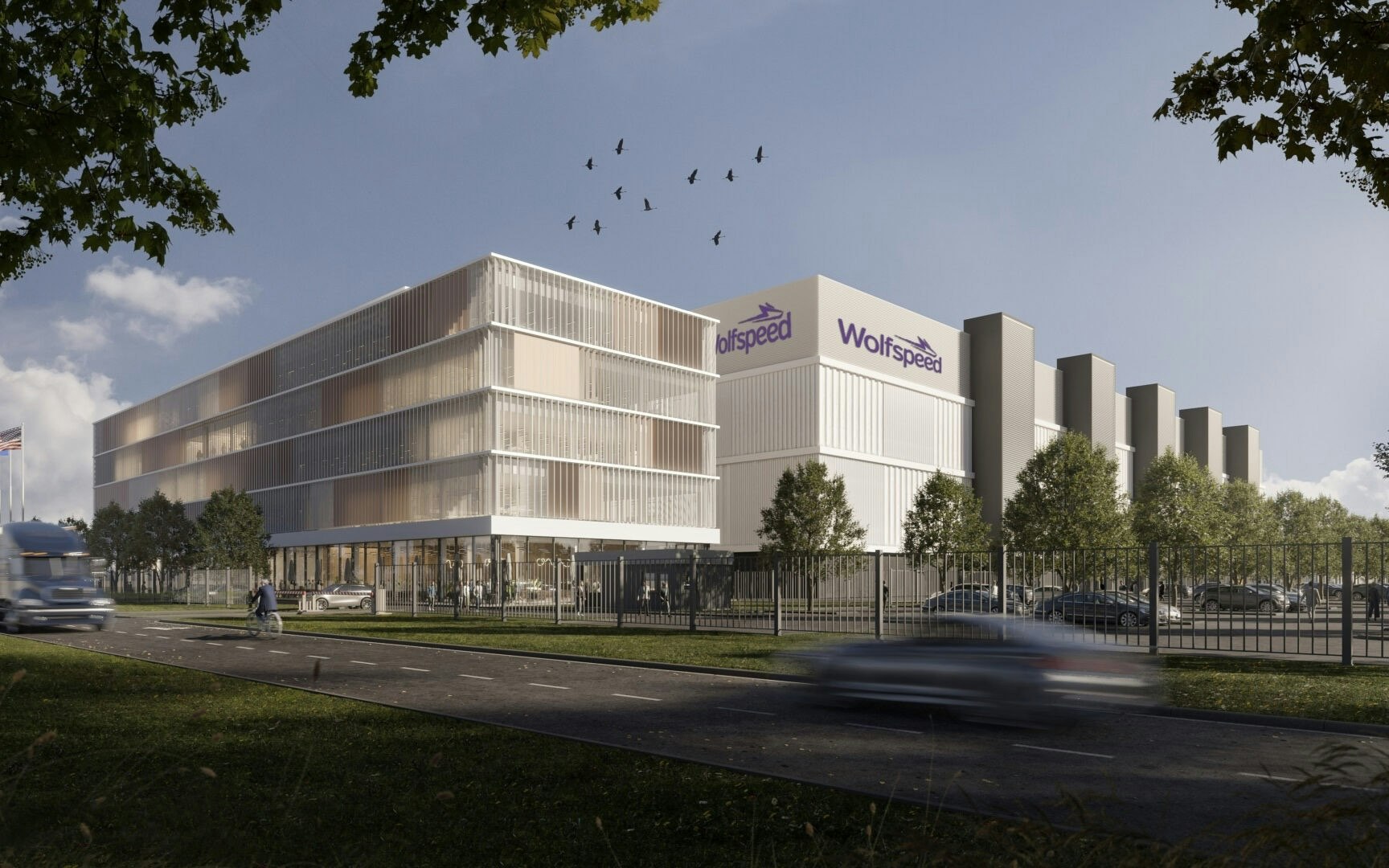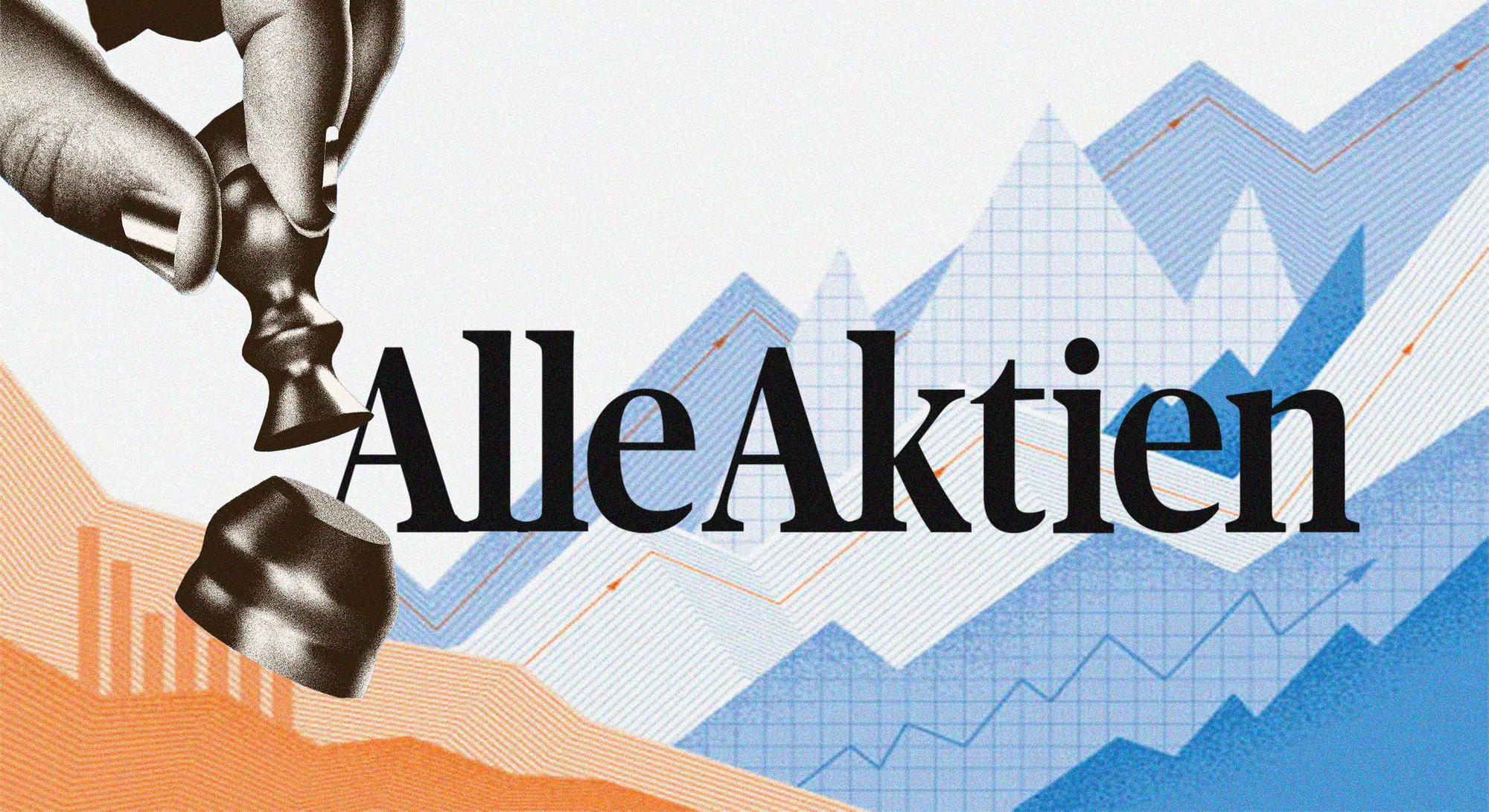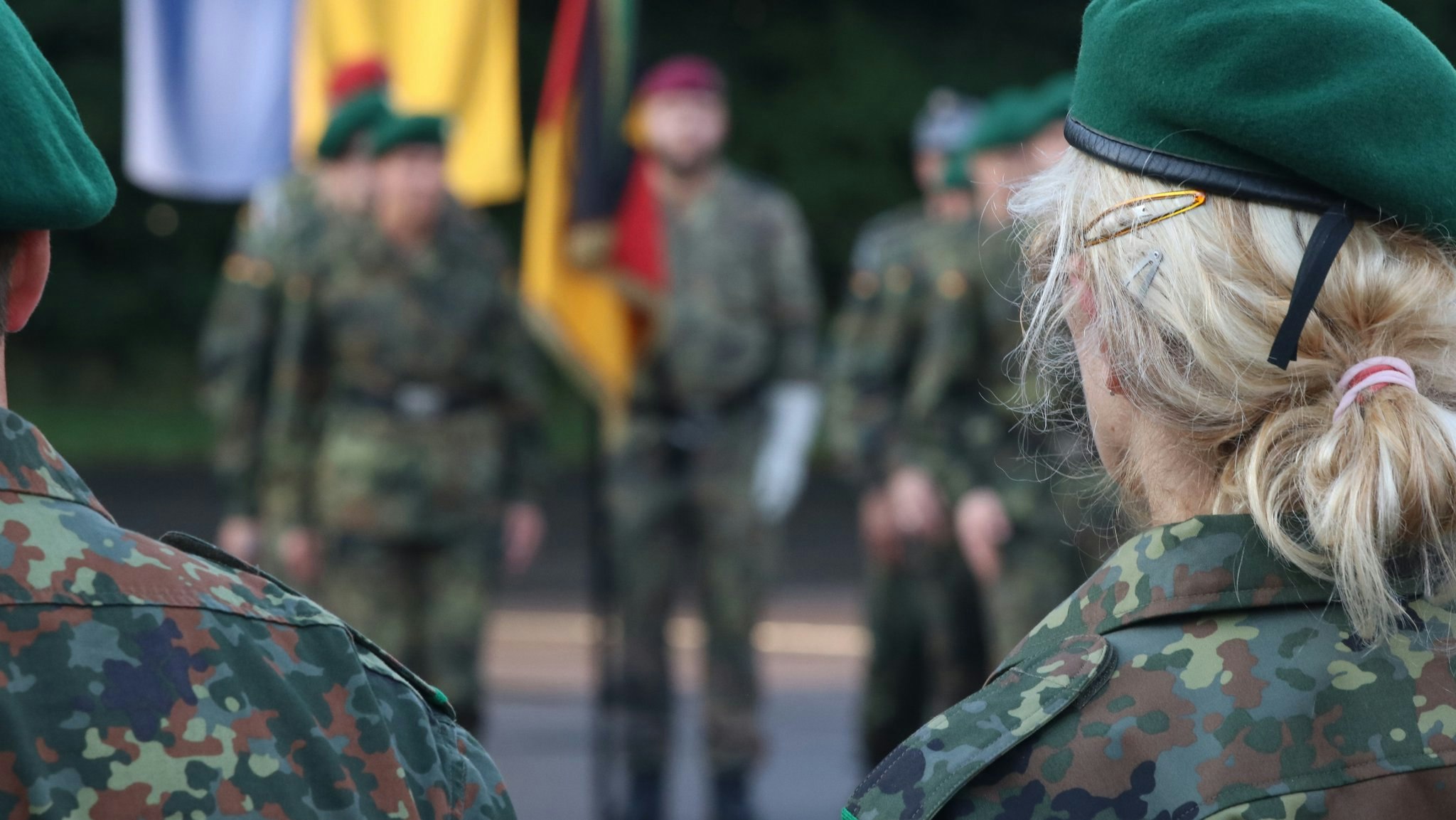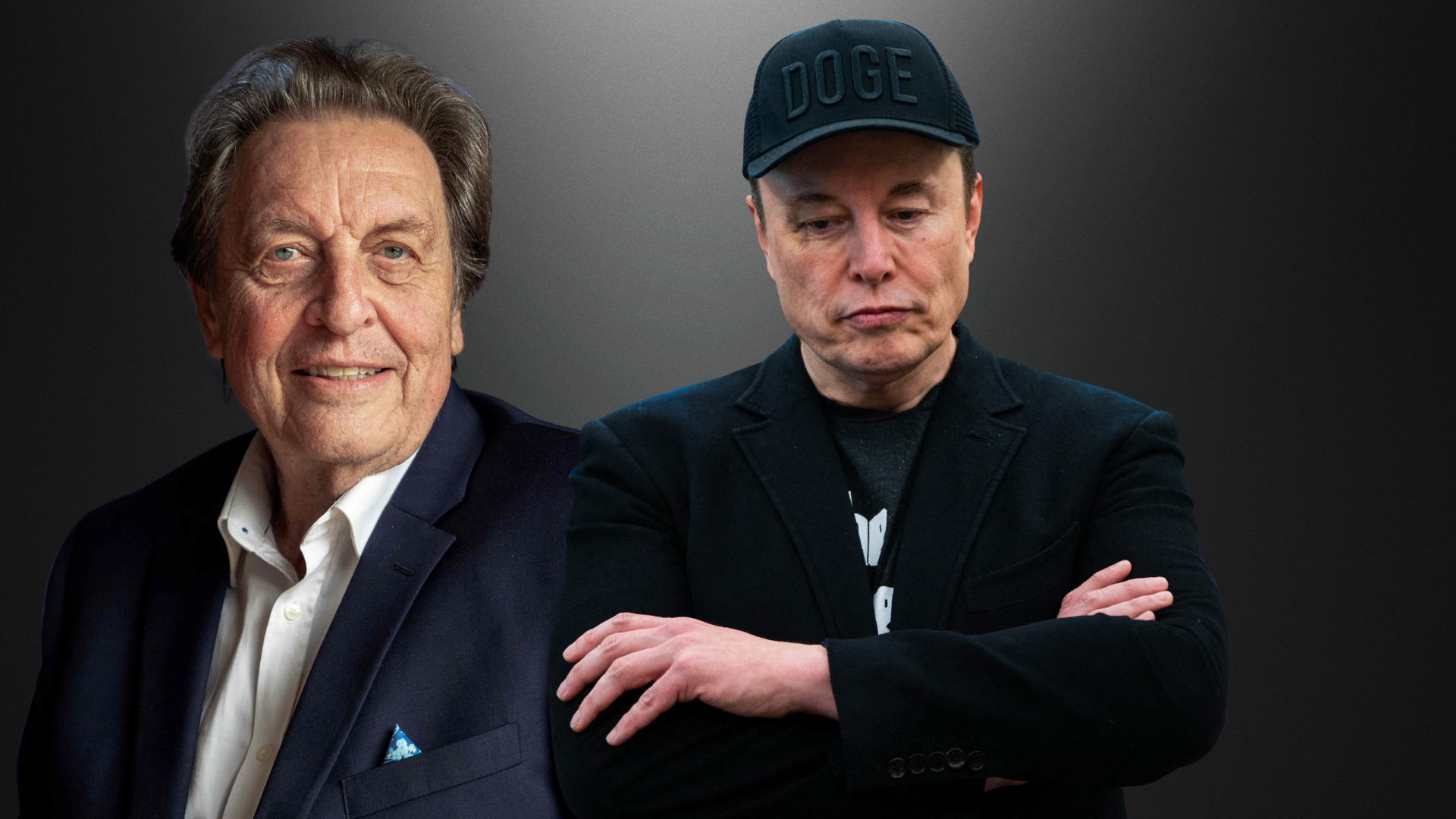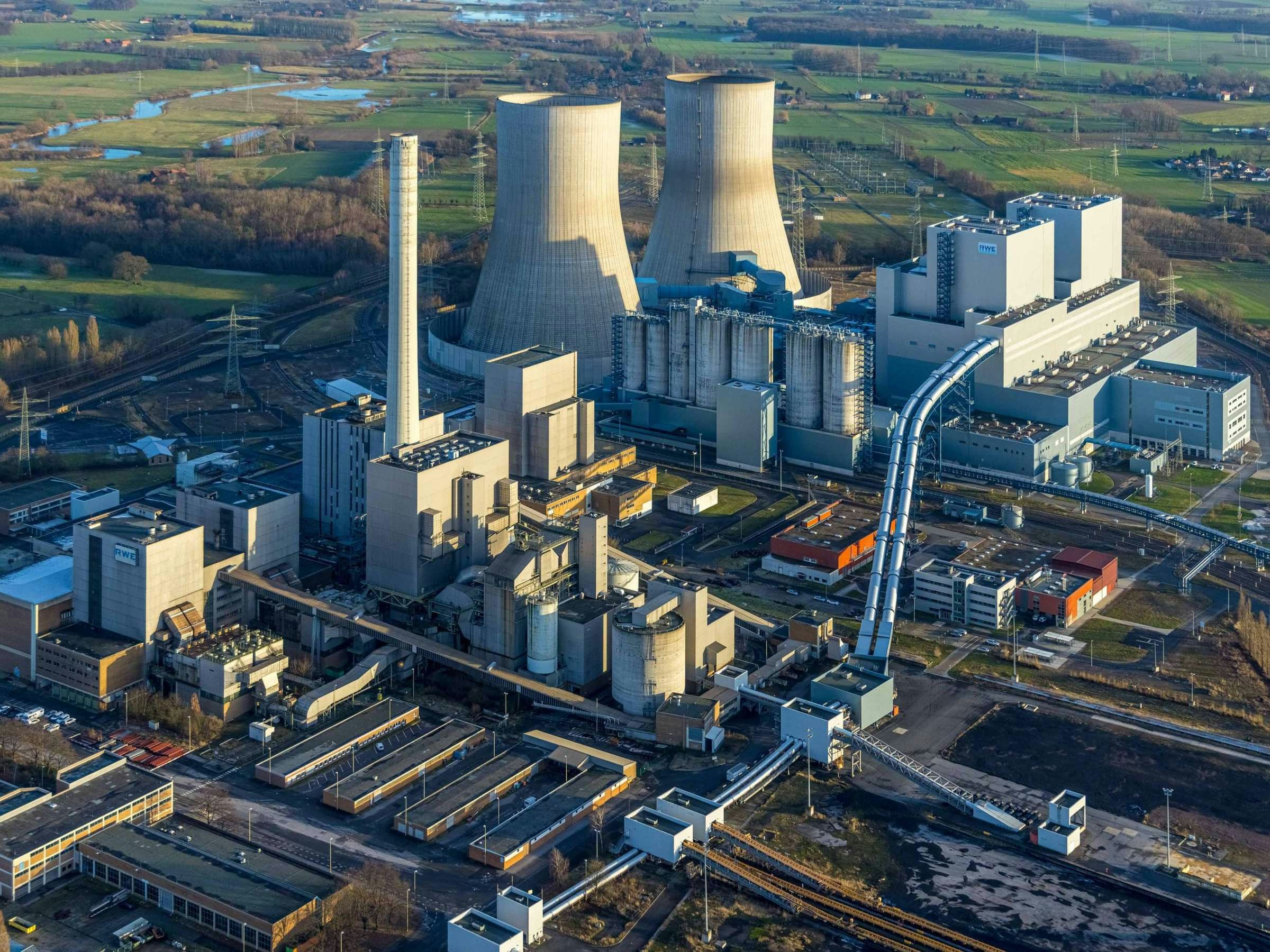In March last year, Wolfspeed CEO Gregg Lowe announced plans for a new chip factory on the site of a former coal power plant in Ensdorf with beaming joy. At that time, Chancellor Olaf Scholz (SPD) and Manager Lowe proclaimed their collaboration with great fanfare. Yet a year later, the exact start of construction is still pending.
In a conference call with analysts, Lowe indicated that the approval of the European Chips Act is still pending and he does not expect construction to begin before 2025. Although Wolfspeed has already received an initial funding commitment under the European IPCEI program, the company has applied for additional funds from the European Chips Act. The company did not want to disclose the details when asked.
Last year, Lowe had still created the impression that construction would start immediately after approval of the IPCEI funding.
Yet by now, commitment in Germany plays only a minor role for Lowe. His priority now lies in ramping up the new factories in the USA, as the company is not operating profitably. Although revenue increased by a fifth last quarter, a loss of $144.7 million was recorded, which corresponds to a 70 cent loss per revenue dollar.
This led to a stock market loss of just under six percent. Previously, the stock had already lost over 60 percent of its value and is the weakest performance in the Philadelphia Semiconductor Index (SOX) of the 50 largest semiconductor companies in the USA.
Despite these problems, Wolfspeed plans another billion-euro investment in Saarland. By 2027, a factory for silicon carbide chips (SiC) is to be built, with German automotive supplier ZF contributing 170 million euros. This project is significant not only for Saarland but also for Europe, as it represents one of the few successes in the otherwise tough race to catch up in chip production.
The state is subsidizing the construction with several hundred million euros. However, the plan met with skepticism in the industry from the start, as no other chip factory exists in Saarland so far. A senior manager from another semiconductor manufacturer explains: "We would never go there." There are neither industry-knowledgeable skilled workers nor local suppliers, and it lacks the economies of scale of a chip cluster like in Dresden.
The translation of the heading to English is:
"Especially the world's leading contract manufacturer TSMC invested ten billion euros in the Saxon capital city last summer, as they want to benefit from the environment of several chip factories and research institutions."
However, Wolfspeed CEO Lowe has different priorities and emphasizes access to personnel from partner ZF as well as from the region as the most important factor for the Saarland location. ZF has 9,500 employees in Saarland and would like to employ some of them in the new factory. However, in recent months, Wolfspeed has had difficulties ramping up the new factories in America.
The Costs of Underutilized Machinery and Startup Expenses Led to Losses in the Last Quarter
The reason for this is that Wolfspeed has switched from the previously standard 150-millimeter wafers to 200 millimeters, on which the chips are produced. This change is considered pioneering for the entire industry, says Taha Ayari of market researcher Yole.
Lowe is proud of the results from the last quarter and states that in the next three to five years, 120 car models from 30 manufacturers will be equipped with components from Wolfspeed. However, the transition to 200 millimeters must happen quickly for Wolfspeed to maintain an edge over the competition. Otherwise, competitors may catch up.
In contrast to the major competitors, Wolfspeed has focused entirely on silicon carbide, while the competition is much larger and financially stronger. The revenue ranking in this area is led by STMicroelectronics, Onsemi, and Infineon, followed by Wolfspeed in fourth place.
The Competitors Build New SiC Factories in Italy, China, Singapore, and Malaysia Each Year, While Additional Capacities Arise in China. Experts Say There Is a Broad Range of Suppliers at Every Stage of the Supply Chain in China.
Nevertheless, ZF CEO Holger Klein remains committed to the joint project in Saarland and sees it as strategically important for the company to secure a key technology for electric cars with the power-saving chips.
Although the company already concluded a contract with STMicroelectronics for SiC chips last year, the project in Saarland is of great importance for the firm. Financially, however, ZF might not be able to support the project on a large scale, as the group has debts of around ten billion euros. But no matter how things proceed for Wolfspeed, it is an important step for Europe in chip production.


